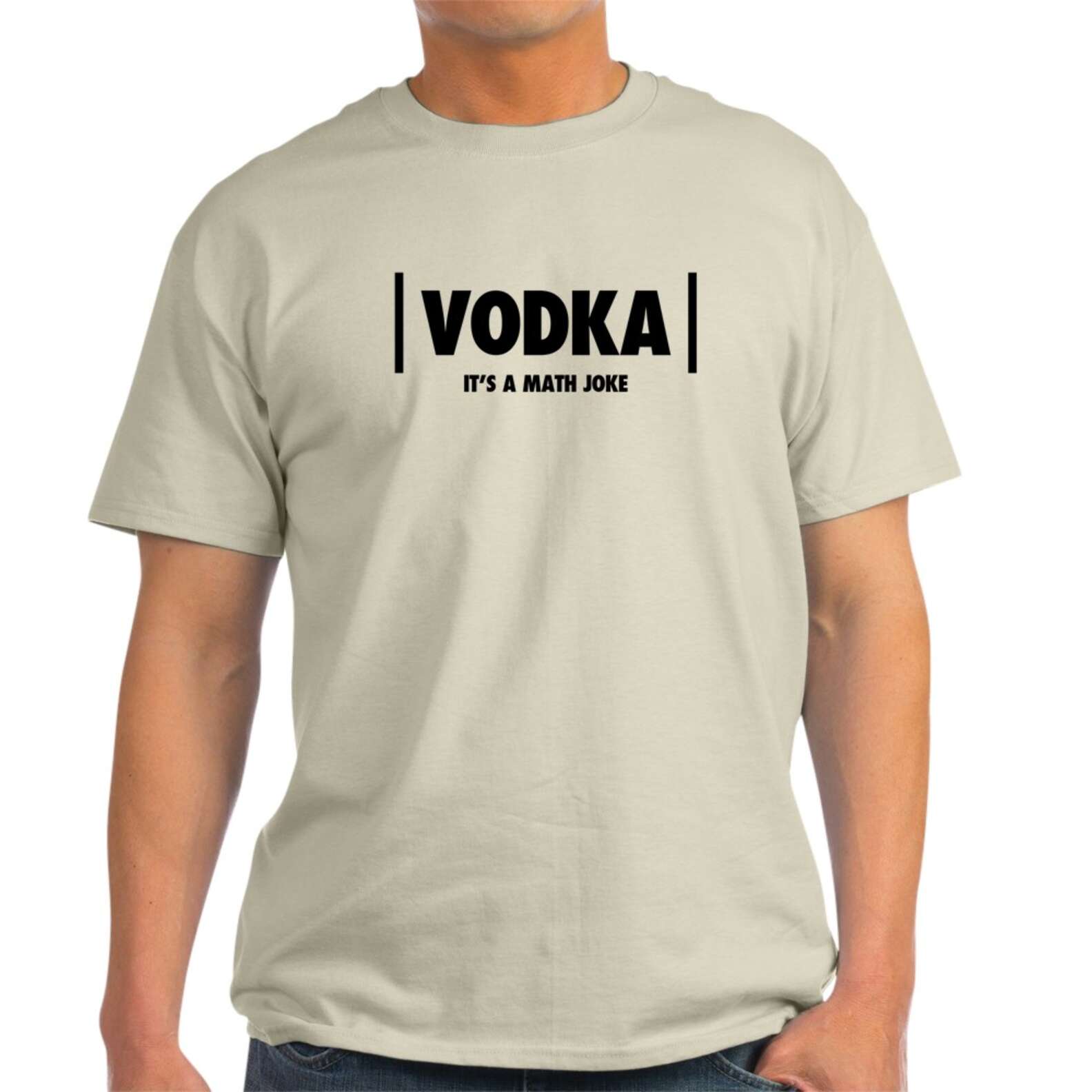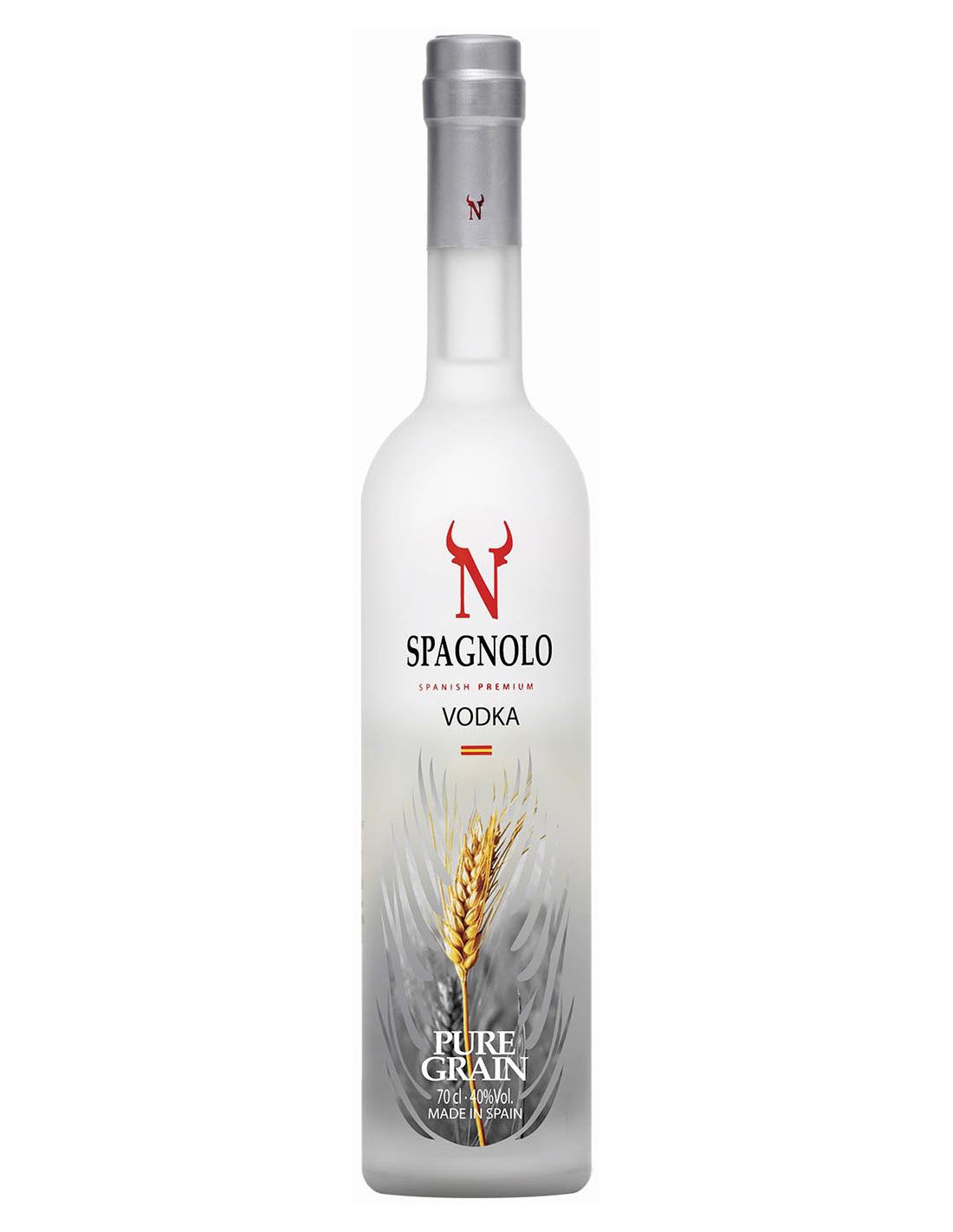Learning a new language is like embarking on an exciting adventure. Unlocking the secrets of Spanish allows you to communicate with a whole new world, and knowing how to say “vodka” is an essential part of that linguistic journey.
The Significance of Knowing How to Say “Vodka” in Spanish
It might seem like a trivial matter, but knowing how to say “vodka” in Spanish can open doors to cultural experiences and social interactions. Whether you’re ordering a drink at a local bar, celebrating with Spanish-speaking friends, or simply making a toast, the ability to say “vodka” confidently can enhance your communication and bridge cultural gaps.
Meaning and Pronunciation of “Vodka”
In Spanish, “vodka” is pronounced as “boh-dka.” The word itself originates from the Slavic languages, where it means “little water.” The pronunciation may vary slightly depending on the region, but the basic sound remains the same.

SOLUTION: Spanish pronunciation guide – Studypool – Source www.studypool.com
How to Say “Vodka” in Spanish: A Personal Experience
I vividly remember the first time I attempted to say “vodka” in Spanish. As a Spanish learner, I was eager to impress my new Spanish-speaking friends. However, my pronunciation was far from perfect. Instead of “boh-dka,” I accidentally said “boh-ka,” which means “mouth” in Spanish. My friends couldn’t help but laugh, but they kindly corrected me. That embarrassing moment taught me the importance of proper pronunciation.
From that day forward, I made a conscious effort to practice saying “vodka” correctly. I listened to native Spanish speakers, repeated the word aloud, and even sang along to Spanish songs that mentioned vodka. Gradually, my pronunciation improved, and I gained confidence in my ability to communicate in Spanish.

Teaching Guide Spanish – Itchy’s Alphabet – Source itchysalphabet.com
The History and Origin of Vodka
The history of vodka is intertwined with the history of Eastern Europe. It is believed to have originated in either Poland or Russia, with both countries claiming to be the birthplace of this popular spirit. The first written records of vodka date back to the 14th century, and it quickly became a staple beverage in many Slavic cultures.
Over the centuries, vodka has undergone various transformations and variations. Initially distilled from rye, vodka is now made from a variety of grains, including wheat, potatoes, and even grapes. The production process involves multiple distillations and filtrations, resulting in a clear, colorless spirit with a high alcohol content.

Vodka T-Shirt Guide: 17 Vodka Shirts Every Vodka Lover Needs – Thrillist – Source www.thrillist.com
Uncovering the Secrets of Vodka
Beyond its historical significance, vodka holds a unique place in the world of spirits. Its versatility makes it a favorite among cocktail enthusiasts and mixologists. Vodka can be enjoyed neat, on the rocks, or as a base for countless cocktails, from the classic Bloody Mary to the refreshing Moscow Mule.
The secret to vodka’s versatility lies in its neutral flavor profile. Unlike other spirits that carry distinct aromas and tastes, vodka is virtually odorless and tasteless. This allows it to blend seamlessly with other ingredients, creating a wide range of flavor combinations.

Anki Spanish Grammar Flashcards Bundle | SPEAKADA – Source speakada.com
Recommendations for Saying “Vodka” in Spanish
If you’re unsure about your pronunciation, don’t hesitate to ask a native Spanish speaker for guidance. They will be happy to help you refine your accent and ensure you’re saying “vodka” correctly.
Practice Makes Perfect
The key to mastering the pronunciation of “vodka” is practice. The more you say it aloud, the more comfortable you will become. Try incorporating the word into your daily conversations, ask your Spanish-speaking friends to listen to you, or even sing songs that mention vodka.
Tips for Using “Vodka” in Spanish Conversations
Knowing how to say “vodka” in Spanish is just the first step. To use it effectively in conversations, consider these tips:
- Use the correct context: “Vodka” is typically used in the context of ordering or discussing drinks. Avoid using it in formal or academic settings.
- Be mindful of cultural differences: In some Spanish-speaking cultures, it is not considered appropriate to drink vodka excessively. Respect local customs and traditions.
- Expand your vocabulary: Learn other Spanish terms related to vodka, such as “copa” (glass), “hielo” (ice), and “limón” (lemon) to enhance your communication.

Basta Facilitator Guide – Spanish – PNASH Materials – Print & Ship – Source pnash.olypress.com
Fun Facts About Vodka
Here are some fun facts about vodka to impress your Spanish-speaking friends:
- The world’s largest vodka distillery is located in St. Petersburg, Russia.
- Vodka is not only a beverage but also used in traditional Russian medicine for treating ailments like the common cold.
- The Moscow Mule cocktail was created in Los Angeles by a Russian immigrant.

Say no to sugar, this Spanish vodka is made to be mixed with water – Source theluxereview.com
How to Order Vodka in Spanish
Ordering vodka in Spanish is simple. At a bar or restaurant, you can say “Quiero un vodka, por favor” (I would like a vodka, please). If you want a specific brand, be sure to specify it, such as “Quiero un vodka Absolut” (I would like an Absolut vodka).
What if You Can’t Pronounce “Vodka” Perfectly?
Don’t worry if you can’t pronounce “vodka” perfectly right away. The most important thing is to be confident and give it your best effort. People will appreciate your attempt to speak Spanish and will be willing to help you improve your pronunciation.

Spagnolo Vodka 70 cl. – Source vinosonline.es
A List of Related Vocabulary
- Cóctel (cocktail)
- Bebida alcohólica (alcoholic beverage)
- Espíritu (spirit)
- Licor (liquor)
- Destilado (distilled)
Question and Answer
- Q: How do you pronounce “vodka” in Spanish?
- A: boh-dka
- Q: What does “vodka” mean in Spanish?
- A: little water
- Q: Is it difficult to learn how to say “vodka” in Spanish?
- A: No, it is relatively easy to pronounce.
- Q: Can I use “vodka” in all Spanish conversations?
- A: Yes, but it is typically used in the context of ordering or discussing drinks.

Learn Spanish For Adult Beginners: 3 Books in 1: Speak Spanish In 30 – Source worksheetbee.com
Conclusion
Mastering the pronunciation and usage of “vodka” in Spanish opens up a world of communication possibilities. Whether you’re ordering a drink or engaging in lively conversations, this essential phrase will enhance your linguistic fluency and allow you to fully immerse yourself in Spanish culture.